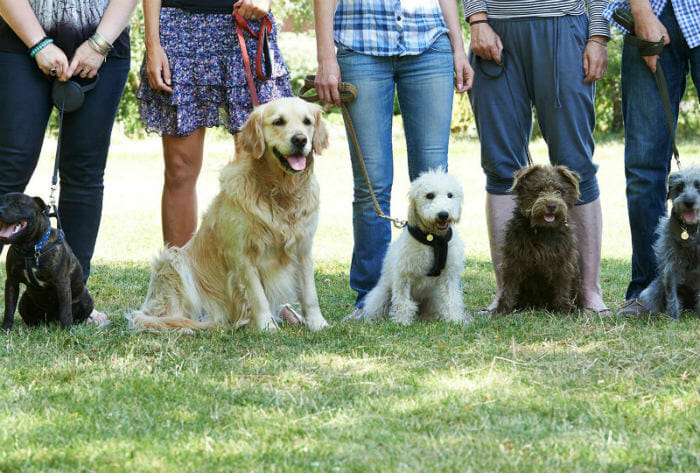Maryland Gets Low Marks for Animal Protection Laws

Every year since 2006, the Animal Legal Defense Fund has issued its report, “U.S. Animal Protection Laws Rankings.” States with the most comprehensive animal protection laws get high marks from ALDF. Although Maryland recently strengthened some animal protection laws, it ranked number 47 last year, out of 56 total U.S. states, territories, and the District of Columbia.
The 2016 report mentions some positive aspects of Maryland animal protection laws:
- A new prohibition on breed-specific legislation (such as laws that forbid “vicious” breeds in some cmmunities)
- A new prohibition on any “implement of dogfighting,” such as any object, device, or drug that is used to enhance a dog’s fighting ability or is used during a dogfighting event.
ALDF explains the reasoning behind its choices for the five best-ranked and five worst-ranked states, but it does not say specifically why Maryland is near the bottom. ALDF tends to assign lower marks to states in which it deems legal penalties or sentences to be inadequate. Maryland may have received a lower ranking for that reason. As an example of how Maryland laws compare to those in other states,
poisoning a dog in Maryland is a misdemeanor with a fine of up to $100, whereas this offense is a
felony in many states, with high fines and possible imprisonment.
Concerns About Horse Health
Last year, ALDF requested
necropsy results for two horses that died during early races on Preakness Day. One horse was four years old, and was immediately euthanized after breaking its leg during the race. The other horse was nine years old – much younger than the thoroughbred life expectancy of 25 years – and it died just after its race.
The Maryland Racing Commission’s chief veterinarian said the necropsy showed the older
horse died of a heart attack. Tests revealed the horse also had an elevated level of anti-inflammatory medicine in its blood, but that wasn’t a contributing factor in the heart attack.
Maryland has always been a state deeply invested in equestrian events. Horses and riders participate in races, steeplechases, polo, dressage, eventing, and jumping, to name just a few of the numerous equine activities. A horse that competes may come into contact with several people in any given day: walkers, groomers, veterinarians, trainers, breeders, boarders, and farriers, to name a few. So, when a horse suffers an injury or illness, it may be difficult to determine who – if anyone – is to blame for the horse’s condition.
Many owners of stables understand the liability risks of boarding horses, especially if their stables offer riding lessons or are open to the public for other purposes. But equestrian businesses may be unprepared to handle situations in which their animals suffer neglect or harm.
Attorney Rebekah Damen Lusk is uniquely qualified to offer legal guidance to equine-related businesses. As the operator of a horse farm and boarding facility, and as a dressage rider, she is well versed in the challenges that may arise for horse owners.
If you own or operate a
business that involves horses or other animals, getting legal advice is essential. A strong legal framework for your business offers you a defense in liability cases and asserts your rights, as a business owner.
Lusk Law, LLC, has provided legal counsel and representation to business owners in Frederick County, Howard County, Baltimore County, Baltimore City, Carroll County, Washington County, and Anne Arundel County, and other counties in Maryland. Please call us at 443-535-9715 or fill out our
contact form if you have any questions about this topic.
 Every year since 2006, the Animal Legal Defense Fund has issued its report, “U.S. Animal Protection Laws Rankings.” States with the most comprehensive animal protection laws get high marks from ALDF. Although Maryland recently strengthened some animal protection laws, it ranked number 47 last year, out of 56 total U.S. states, territories, and the District of Columbia.
The 2016 report mentions some positive aspects of Maryland animal protection laws:
Every year since 2006, the Animal Legal Defense Fund has issued its report, “U.S. Animal Protection Laws Rankings.” States with the most comprehensive animal protection laws get high marks from ALDF. Although Maryland recently strengthened some animal protection laws, it ranked number 47 last year, out of 56 total U.S. states, territories, and the District of Columbia.
The 2016 report mentions some positive aspects of Maryland animal protection laws:



